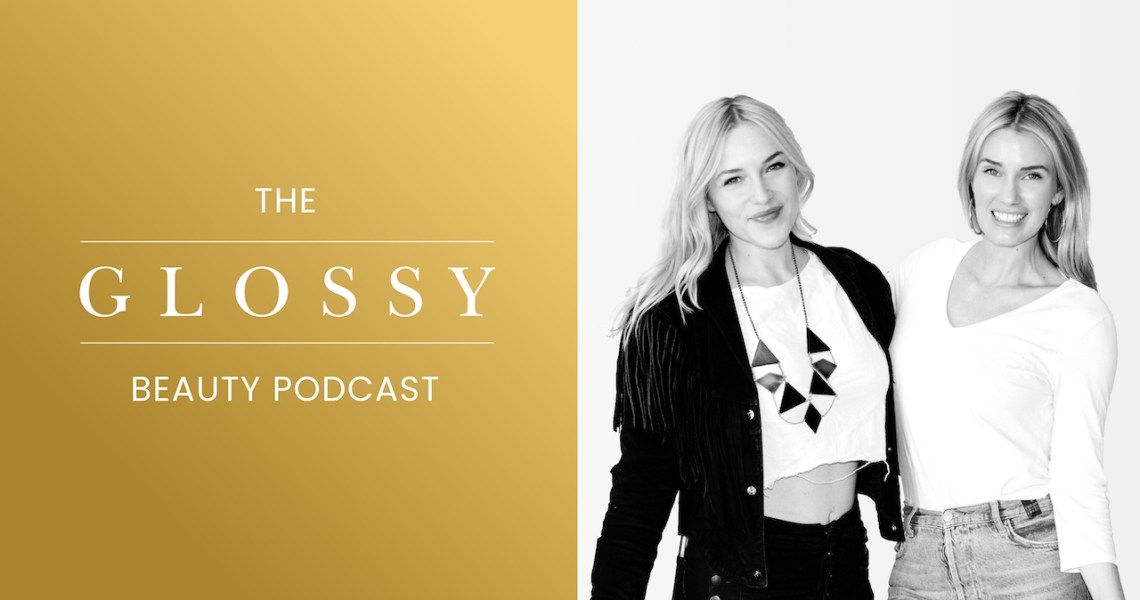Subscribe: iTunes | Stitcher | Google Play | Spotify
One nutritious meal doesn’t mean a healthy diet, nor does going for something deep-fried once in a while mean you’re will you be doomed. That’s part of why Sakara Life, a meal and wellness delivery service founded by Whitney Tingle and Danielle DuBoise, doesn’t tell you what you can and can’t eat outside of its ready-to-consume products.
They’re instead focused on what they ship to customers, including four to six cups of greens every day.
Tingle and DuBoise joined the Glossy Beauty podcast to talk about how they changed their stressful lifestyles by starting their company in 2012, how they grew it from a $700 investment into a team of 150 employees that brings in “many millions” in revenue, why Seamless isn’t necessarily the cheaper choice and their recent launch with Sephora.
Here are a few highlights from the conversation, lightly edited for clarity.
More organic demand, more organic supply?
DuBoise: “Organic produce, in general, is 40% more expensive than conventional. That’s not up to us, unfortunately, but we do have an impact on the marketplace, and the more we demand organic produce, the more that will drive the cost down and more organic farmers will pop up.”
America is already spending big on takeout
Tingle: “When you price-compare Sakara and Seamless, Sakara’s actually a really great deal. You can’t get a Seamless order for less than like $33. And Seamless is not looking out for your health the way Sakara is. Sakara is all organic, it’s all nutritionally-designed, we make sure you get all the nutrients you need for your day. And it shows up without you having to think about it. So we’re like your nutritionist and personal chef in one, when it comes to our delivery nutrition program.”
Juicing is out
Tingle: “I was working on Wall Street and seeing what effect that was having on people. I was working crazy hours and battling with terrible cystic acne. And I was using the tools that were available at the time, eating out and eating whatever was available to me, and then trying to clean it up with a three-day juice fast. Juicing was at its peak back then. I realized that that wasn’t what healthy was about, that that wasn’t a sustainable lifestyle.”
Appealing to customers at Sephora
DuBoise: “The product has to work, and it has to work right away. Unlike somebody that I have the time to educate, these consumers are really used to buying a product, like a highlighter, and the minute you put it on, you see a difference. So our products have to have some immediate result, and then the education comes where we say ‘okay, this has an immediate result, but if you want the real results, you have to have the beauty bar every single day for eight weeks.’ I think people are going to Sephora now more than ever for beauty from the inside out. It’s not that you shouldn’t also bought the highlighter, but it’s helping people really focus on long-term results, and that happens from ingestible beauty.”
More organic demand, more organic supply?
DuBoise: “Organic produce, in general, is 40% more expensive than conventional. That’s not up to us, unfortunately, but we do have an impact on the marketplace, and the more we demand organic produce, the more that will drive the cost down and more organic farmers will pop up.”




